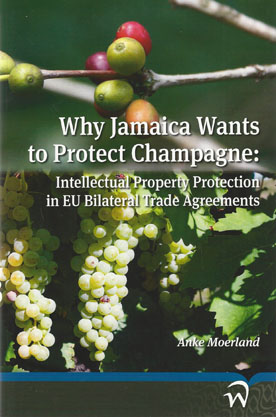
During the last fifteen years, bilateral trade agreements have become increasingly more common. All bilateral trade agreements concluded by the European Union and the United States contain standards of intellectual property protection and enforcement that go beyond the protection agreed upon in the TRIPS Agreement.
This poses important challenges to developing countries who are parties to these agreements but often do not have the level of development and capacity to undertake innovative research which would allow them to take full advantage of the benefits of strong IP protection and enforcement. This book offers a legal and a political-scientific view on the phenomenon of strong intellectual property protection and enforcement in bilateral trade agreements to which developing countries are parties.
After providing a comprehensive analysis of the IP rights and obligations contained in recent bilateral trade agreements concluded by the European Union, this book highlights the IP policy-making process in a developing country that has already accepted TRIPS-plus provisions, being Jamaica and the CARIFORUM region.